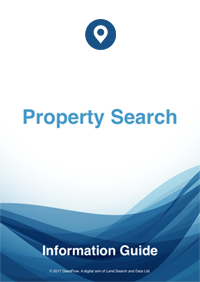Land Registry Notices (Cautions)
Overview
The description ”Notice” in a Title Register hardly describes what it is, and its importance. The article explains what the two types of Notice are, where they are found, and what they are for.
Purpose of a Notice
Each type of Notice does the same thing, i.e. they are registered so as to protect the priority of interests in the Title Register. Prior to the Land Registration Act 2002 Notices where described as Cautions. So registering a Notice is akin to registering a Caution.
Agreed Notice
The main difference between an Agreed Notice and a Unilateral Notice is that an Agreed Notice can only be registered with the consent of the property owner. However, evidence to support the application must still be provided to the Land Registry, which will often be a court order. To apply for an Agreed Notice form AN1 should be used.
Unilateral Notice
It is not necessary for the property owner to consent to a Unilateral Notice. An example of why this is the case is where an application is being made to secure a debt for which the court have given a charging order. To put an applicant on notice of an intended registration of a matter already decided by the court would only provide the opportunity to prevent the registration or to delay it.
The property owner will be notified of the registration once it has been registered. That person will continue to have the right to apply for cancellation if it is believed that such an application may be successful. To apply for a Unilateral Notice form UN1 should be used.
Title Register
To obtain details of the Registration you should obtain an up to date copy of the Title Register.
Title Register
The Land Registry Title Register holds data relating to the property ownership, purchase price, mortgage, tenure, covenants, rights of way, leases and class of title.
£19.95Title Plan
The Title Plan shows an outline of the property and its immediate neighbourhood, and uses colours to identify rights of way, general boundaries and land affected by covenants.
£19.95Associated Documents
Deeds creating Restrictions, Covenants, Easements, etc. are often kept digitally by the Land Registry and made available for sale due to their invaluable detail and content to assist in further understanding the Restrictions, etc.
£29.95


